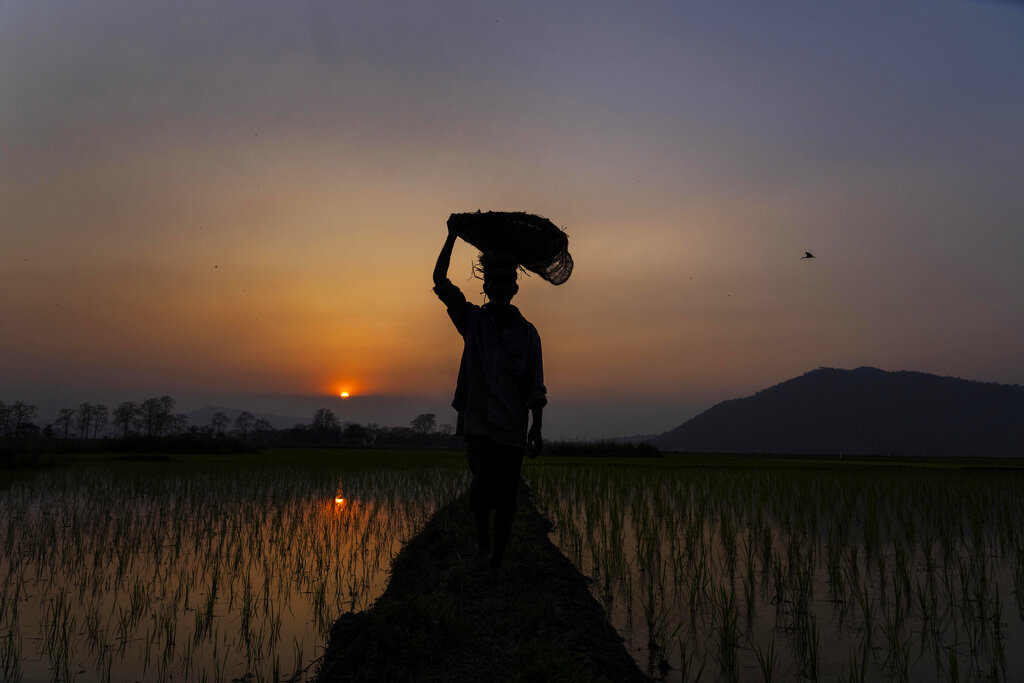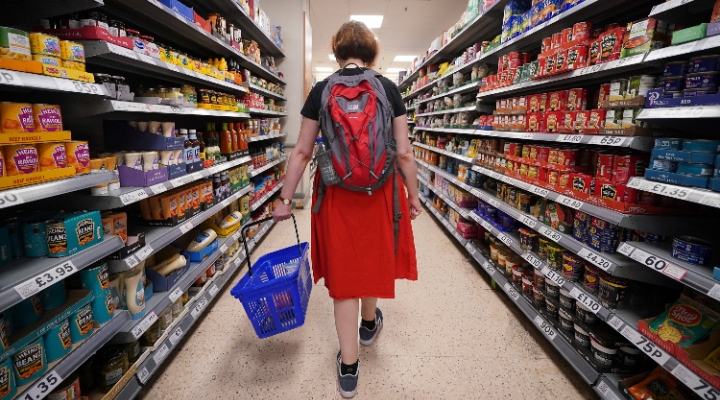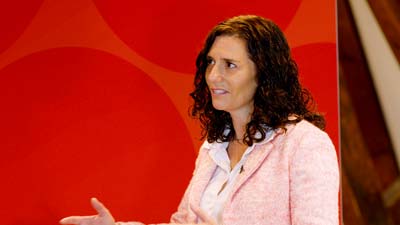
El Niño, a natural climate phenomenon marked by warmer-than-average sea surface temperatures in the central and eastern Pacific Ocean near the equator, has begun. This phenomenon occurs on average every two-to-seven years, and climate change will likely exacerbate its effects.
Frank Tsui, head of ESG Investments at Value Partners, says that a warming planet and the resultant extreme weather events put food security in a dire situation. Tsui is based in Hong Kong, a city that has just been lashed by two severe typhoons, “The recent disruption in the food supply chain, partly attributed to Ukraine, a major exporter of agricultural commodities, has raised concerns about food security.”
According to the United Nations studies, one in 10 people in the world, or as many as 783 million people in total, suffered from hunger in 2022. The UN admits that we are likely far off-track from the goal of Zero Hunger by 2030.
Fund managers at Value Partners, DWS Group and Schroders think that investments in three areas will help eradicate hunger in the world:
- Increasing crop yields,
- Alternative proteins, and
- Better packaging.
Focus Area 1: Pushing Crop Yields Higher
To feed a population of eight billion people, managers think the need for more food calls for new technology and innovation to enhance crop yield. This could present investment opportunities.
“To feed an increasing global population and address the emerging markets nutrition pattern shift towards more protein, crop yields need to grow further,” says Marc Althaus, Frankfurt-based deputy portfolio manager for DWS Invest Global Agribusiness Fund. “Over the last 100 years, the largest part of growing food production has come from yield enhancement and not from acreage expansion. To secure that, we need to continue to drive crop yields even higher.”
In the view of Althaus, technologies like GMOs or specialised pesticides are needed. These areas also fall under the investment universe of the DWS Invest Global Agribusiness fund, which has total assets of $666 million (£547 million).
Felix Odey, portfolio manager, global resources equities at Schroders, agrees.
"Land availability for agriculture is expected to plateau, and may even decline given competition from renewable energy, crop-derived fuels, and forestry for carbon sinks," he says.
"Technology adoption will be needed to boost agricultural yields sufficiently to allow enough food to be produced to feed the population with a lower resource intensity." He adds regulation will increasingly favour agricultural technologies that can boost food production in a more sustainable way.
In Schroder Global Sustainable Food and Water strategy one of the largest subsector weights is in companies involved in agricultural yield enhancement.
Focus Area 2: Appetite for Alternative Protein
Odey is looking at food technology companies that are involved in developing alternative proteins, and technologies that can improve the nutritional content of processed foods.
“Alternative proteins offer a much lower resource-intensity source of protein, and this market is expected to grow from $45 billion today to $160 billion by 2030 given the growing demand for protein, and the increased scrutiny on sustainability and nutrition,” he adds. Diversified product offerings and attractive valuations are two factors in stock-picking that help mitigate the risk of short-term fluctuations in consumer behaviour that can lead to very high share price volatility for companies with only a few products.
Value Partners’ Tsui is on the team that manages the $4.5 million Asian Food and Nutrition Fund. Focusing on Asia, he observes that plant-based meat and alternative protein have yet to be a structural trend for consumers and investors. Moreover, he is looking at how companies in this region are boosting nutrition content in food while selling them at an affordable price, which he thinks goes hand-in-hand in alleviating food accessibility. Dairy is another area that companies in the region are working to provide more nutritious products, he says.
Focus Area 3: Focus Beyond the Food, on Packaging
Sustainable opportunities are not confined to food itself, but also the packaging it comes with. Schroders' Odey is investing in companies that make pulp packaging, which is a fibrous material typically derived from wood or recycled paper.
“Sustainable pulp packaging companies are positively contributing to the reduction in physical waste that the food and beverage sector produces,” he says. The replacement of traditional plastic packaging with a lower carbon footprint and more recyclable alternative products could see these companies on a multi-year growth opportunity.
What Are The Food Production Risks?
Even as global hunger is a risk, food producers and companies around the food chain attempting to alleviate hunger and other sustainable challenges aren’t free of risks.
On a macro level, these firms are subject to transition risk as commodities that could cause deforestation may see import bans. As the erosion of biodiversity and the natural environment worsens, it could jeopardize the stability and even the availability of food supply.
Odey adds: “Currently, the food sector is directly or indirectly responsible for a significant portion of commodity-driven deforestation, freshwater usage, physical waste, and greenhouse gases emissions produced.”
How to Build a More Resilient Supply Chain
Down to the company level, supply chain transparency and ingredient traceability will be another key development to watch.
DWS’ Althaus says: “Consumers demand to know what kind of ingredients are in the product, where they are coming from, and how they were produced and so do we. Just claiming that companies use ‘good’ ingredients is not enough, we want to see that the food sector gets its supply chain certified and monitored.”
Also strengthening the supply chain, an engagement initiative by Value Partners seeks greater transparency in the use of antibiotics among their investees. “The initiative seeks comprehensive disclosure on how antibiotics would exist in cattle farming, including disclosure of dosage, circumstances surrounding usage, and the presence of monitoring mechanisms to assess the impacts,” says Tsui.
While there is no strict prohibition on antibiotics in agricultural practices or in Value Partners’ investment policy, Tsui says the primary concern lies in the overuse of these drugs in the protein supply chains. According to him, the best practice for that to enhance transparency entails reserving antibiotic usage exclusively for cases “when farm animals are ill and when deemed medically appropriate.”
To encourage a broader involvement, Althaus adds that larger players in the food and consumption space should leverage their bargaining power to take the lead in promoting traceability. “If they claim higher standards in sourcing, production, and reporting, the rest will follow.” For companies that refuse to pay up for sustainably sourced produce or other inputs, Althaus expects them to see “heavy adverse effects on sales and margins” and to be eliminated over time.



























